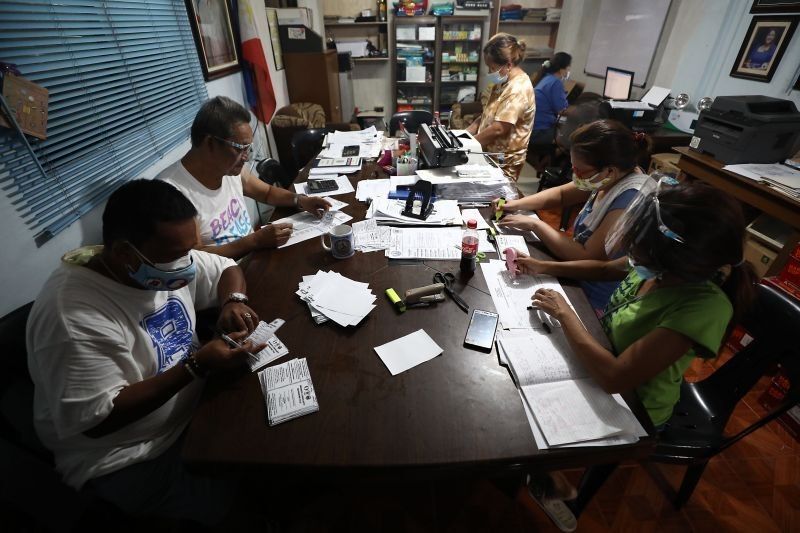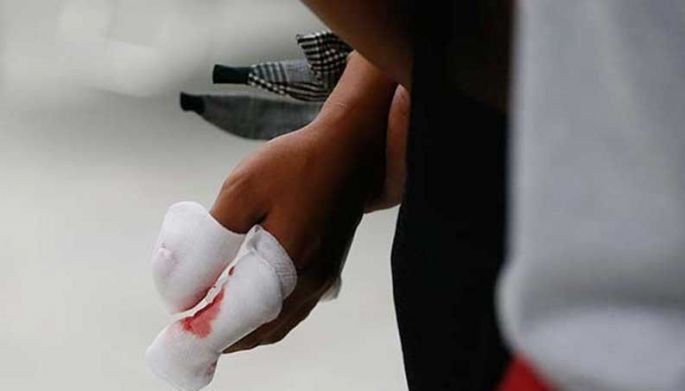OCTA Research backs another week of ECQ within 'NCR Plus bubble'

MANILA, Philippines — A public health expert joined the growing body of calls Wednesday to extend the ongoing enhanced community quarantine in order to see a substantial arrest of the spread of the coronavirus within the so-called NCR+ bubble.
Speaking in an interview aired over ANC, biology expert and priest Nicanor Austriaco of OCTA Research Team said that the continuing coronavirus outbreaks were beginning to weigh on the country's healthcare systems once more.
"We're in support of the government extending this for at least one more week," he said, adding that a time-out would allow the health sector to "refresh our contact tracing [and] to build new isolation and quarantine facilities."
"No, [one week won't make a significant change.] What we already do know about this virus is that it takes 14 days for it to starve for new victims by isolating people from each other...this would allow us to exit the lockdown with decreased but still high numbers that we can manage properly without risking another surge," he also said.
Even the Department of Health has said that any ECQ imposed should run for a two-week minimum to have a significant effect.
Despite the capital region already going through the quarantine classification once before, the first two days of ECQ thus far have been punctuated with the same stories of commuter woes and power-tripping enforcers.
READ: Familiar transport woes show no lessons learned from last ECQ | Back to 'disiplina'? On second day of ECQ, stories of power-tripping enforcers
"As you can see the numbers have not really dropped significantly. We anticipate it will take several days before the effect will be felt. You can already see that mobility has already dropped, but the direct effects still remain to be seen. We do not know how significant that drop will be," Austriaco said.
"The challenge now is to ask the government: what will happen after the two weeks? We at OCTA would prefer that we return to an MECQ rather than directly to a GCQ because we need some time to observe the numbers. We expect the hospitals to be overwhelmed for several weeks, so we need to lower the numbers to protect and preserve our health infrastructure."
Medical collectives have also already called for a "time-out" return to ECQ once before. This call was granted, but other calls to reform the national government's pandemic response ultimately went unheard.
This, as the daily coronavirus cases remain firmly on the incline, even as the Palace insists that the move was done in hopes of reducing daily additions by at least 25%.
As of the health department's latest tally, 741,181 cases have been recorded in the country after 9,296 more coronavirus infections were logged Tuesday afternoon.
"Only by addressing the core public health elements of a sound COVID-19 response at the level of the community can a country genuinely succeed in a public health response," the Coalition for People's Right to Health said in a statement issued Monday.
"Inaction on structural violence and neglect of healthcare both before and during the pandemic not just delays recovery but makes more people susceptible to its effects. Refusing to acknowledge past failures and present contradictions will only contribute to greater spread and worse impact."
— Franco Luna
- Latest
- Trending

































